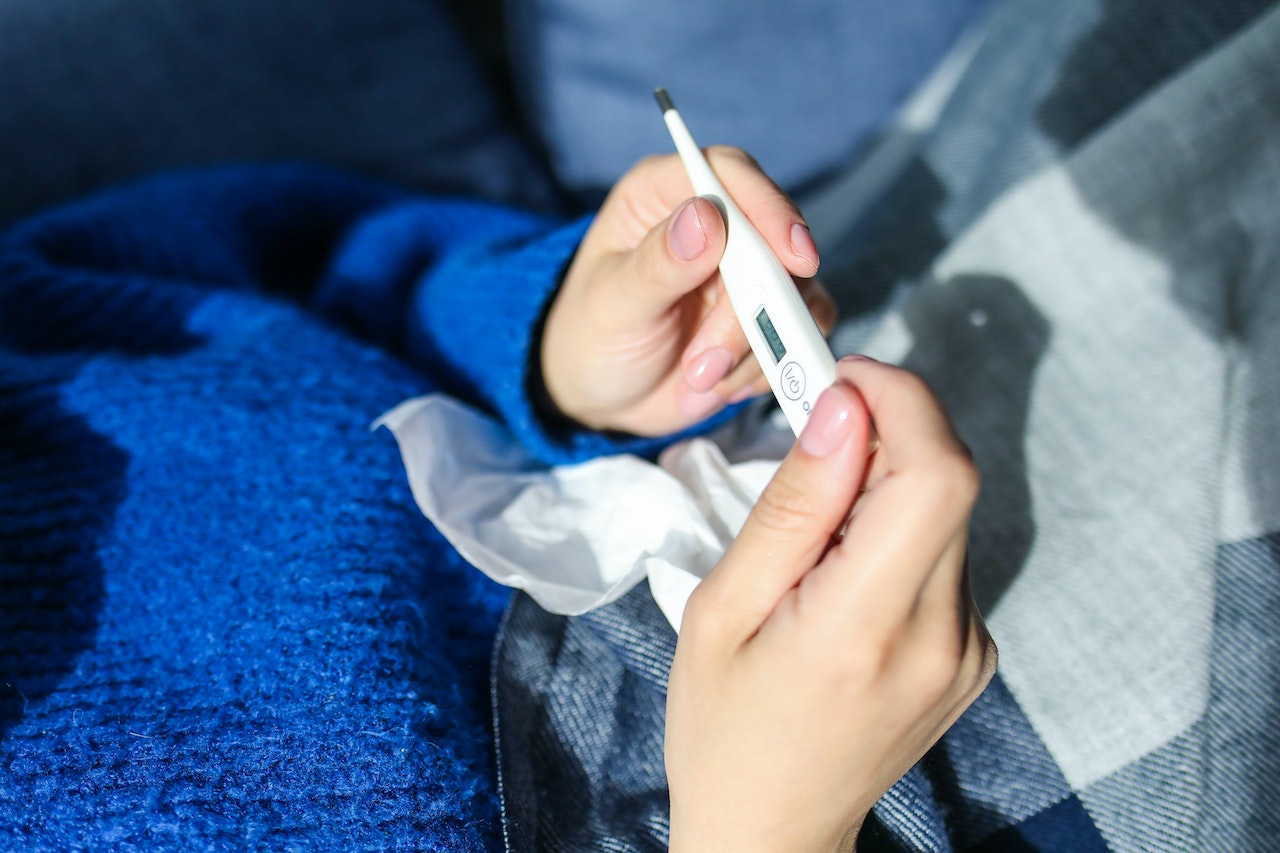1 in 5 people in the UK suffer from hay fever. What’s more, the warm weather has produced a dearth of requests for medical assistance and relief to GPs and the NHS. With 122,650 visits just last week, the number of hay fever sufferers seeking guidance from the NHS website has more than tripled. The rise in those seeking guidance is contemporaneous with the early spring heatwave currently affecting much of the UK, with places like Cumbria recording 30+ c temperatures. With high heat, comes high pollen, a burden for those allergic to the particles.
A frequent allergic reaction that happens at specific periods of the year, hay fever is medically referred to as Seasonal Rhinitis. The condition is a reaction to pollen from grass, trees, and weeds during the early spring and summer. It shares symptoms with perennial (year-round) allergic rhinitis. Both adults and children are susceptible. Between late March and September is typically when hay fever is most severe, especially in warm, humid, and windy conditions. The pollen count is at its maximum during these months. A person's vulnerability to hay fever is significantly influenced by genetic factors. A number of genes, including immune system response and regulatory genes, have been connected to an elevated risk of hay fever. Research has shown that the heritability of hay fever ranges from 30 to 90% - this is the extent to which genetic variations in individuals account for variations in their traits. As a result, you have a higher chance of developing hay fever if family members do.

Sadly, the mechanisms that cause us to acquire an active allergy are still poorly understood. We may be aware that certain people are sensitive to allergies like hay fever in later life. Speaking to patient.info, Dr Runa Ali explains; "Hypotheses about what might shake up your immune system include suffering from a severe infection like pneumonia, being exposed to pollution, or going through hormonal changes," says Ali. "However, even if we were able to identify the vulnerable individuals, it wouldn't provide us with any information about who would ultimately develop an allergy and who wouldn't. In instance, if you were positive to a given allergen, you might avoid it, but in actuality, exposing yourself might maintain you tolerant!"
Analysis by NHS England, which manages the NHS website, revealed that, from 34,878 visits in the first week of May, weekly visits to the hay fever page have climbed by 252% over the past five weeks. With almost 30,000 hits in 24 hours on Sunday, the busiest day of the year thus far for website visitors, that's an average of one every three seconds. The increase is consistent with data from the previous year, when hay fever page visits peaked at 500,000 this time last year and exceeded a million throughout the six-month period from March to October. The fewest visits occurred in December, only 5,658.
Here's some things you can do to begin to combat your problems with pollen and Hay fever;
You can put small amount of Vaseline in and around your nose to prevent pollen going up into your nose and sinuses
Sunglasses can help to prevent pollen getting into your eyes
Read the pollen count indicators online and stay indoors where you can when there is high pollen
Keep windows closed in the summer and open only in the evenings when pollen falls.
Have a shower when you get home from being out to get the excess pollen off your clothes and skin.
